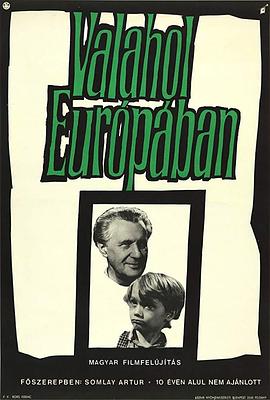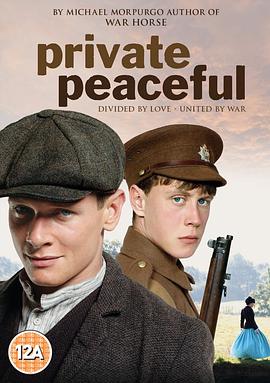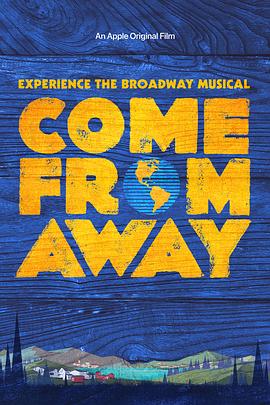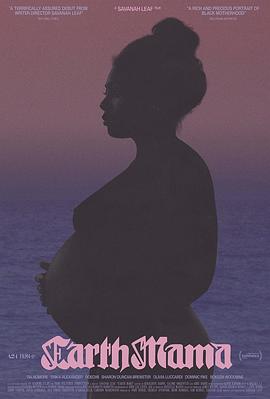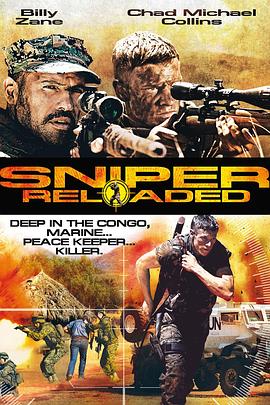备注:已完结
类型:剧情片
主演:Artúr Somlay Miklós Gábor Zsuzsa Bá
语言:其它
年代:未知
简介:Somewhere in the remote region, the war ends. In the midst of ruined cities and houses in the streets, in rural hamlets, everywhere where people still live, are children who have lost their homes and parents. Abandoned, hungry, and in rags, defenseless and humiliated, they wander through the world. Hunger drives them. Little streams of orphans merge into a river which rushes forward and submerges everything in its path. The children do not know any feeling; they know only the world of their enemies. They fight, steal, struggle for a mouthful of food, and violence is merely a means to get it. A gang led by Cahoun finds a refuge in an abandoned castle and encounters an old composer who has voluntarily retired into solitude from a world of hatred, treason, and crime. How can they find a common ground, how can they become mutual friends The castle becomes their hiding place but possibly it will also be their first home which they may organize and must defend. But even for this, the price will be very high. To this simple story, the journalist, writer, poet, scriptwriter, movie director, and film theoretician Béla Balázs applied many years of experience. He and the director Géza Radványi created a work which opened a new postwar chapter in Hungarian film. Surprisingly, this film has not lost any of its impact over the years, especially on a profound philosophical level. That is to say, it is not merely a movie about war; it is not important in what location and in what period of time it takes place. It is a story outside of time about the joyless fate of children who pay dearly for the cruel war games of adults. At the time it was premiered, the movie was enthusiastically received by the critics. The main roles were taken by streetwise boys of a children's group who created their roles improvisationally in close contact with a few professional actors, and in the children's acting their own fresh experience of war's turmoil appears to be reflected. At the same time, their performance fits admirably into the mosaic of a very complex movie language. Balázs's influence revealed itself, above all, in the introductory sequences an air raid on an amusement park, seen in a montage of dramatic situations evoking the last spasms of war, where, undoubtedly, we discern the influence of classical Soviet cinematography. Shooting, the boy's escape, the locomotive's wheels, the shadows of soldiers with submachine guns, the sound of a whistle—the images are linked together in abrupt sequences in which varying shots and expressive sharp sounds are emphasized. A perfectly planned screenplay avoided all elements of sentimentality, time-worn stereotypes of wronged children, romanticism and cheap simplification. The authors succeeded in bridging the perilous dramatic abyss of the metamorphosis of a children's community. Their telling of the story (the scene of pillaging, the assault on the castle, etc) independently introduced some neorealist elements which, at that time, were being propagated in Italy by De Sica, Rossellini, and other film artists. The rebukes of contemporary critics, who called attention to formalism for its own sake have been forgotten. The masterly art of cameraman Barnabás Hegyi gives vitality to the poetic images. His angle shots of the children, his composition of scenes in the castle interior, are a living document of the times, and underline the atmosphere and the characters of the protagonists. The success of the picture was also enhanced by the musical art of composer Dénes Buday who, in tense situations, inserted the theme of the Marseilaise into the movie's structure, as a motive of community unification, as an expression of friendship and the possibility of understanding. Valahol Europaban is the first significant postwar Hungarian film. It originated in a relaxed atmosphere, replete with joy and euphoria, and it includes these elements in order to demonstrate the strength of humanism, tolerance, and friendship. It represents a general condemnation of war anywhere in the world, in any form.
备注:已完结
类型:剧情片
主演:乔治·麦凯 杰克·奥康奈尔 亚历山德拉·罗奇 弗朗西斯·德·拉·图瓦
导演:帕特·奥康纳
语言:英语
年代:未知
简介:生活在英国小镇的小托,跟妈妈、两个哥哥,还有心生好感的姑娘莫莉,一起过着宁静、明亮、芬芳的生活。生活中也有悲伤、愁苦、失落,和看似解决不了的困境,每每这时,他们就唱起一首名叫《柑橘与柠檬啊》的歌。在歌声中,敏感、柔弱的小托慢慢长大。 战争的轰然来临,改变了所有人的生活。小托本能地逃避战争的行为,却被别人以及他自己认为是懦弱的。为了逃避这种羞耻,为了逃避爱情的挫败,小托谎报了年龄,和查理一起应征入伍。在战火中,小托对世界和自己有了更新的认识,他渐渐褪去了柔弱和怯懦,懂得坚强、担当和关怀,内心越来越强大。 时钟嘀嗒,十点五分、十点四十分、接近十一点一刻……时间一分一秒流逝,小托在怀表旁守候着,等待着天明,等待着结局。 第二天,清晨差一分六点,读者终于随着小托的回忆,走回现实的当下,揭开故事的最终秘密……一夕回忆,水样春愁的童年陡然步入悲怆不休的少年。 这是一个孩子如何在困境和希望中长大的故事,而我们——经过了无数欢乐、哀愁、恩怨、挫折、沮丧、寂寞、谎言、猜疑的大人们,也在这里,看到始终存在于自己内心的——那个儿童。
备注:已完结
类型:剧情片
主演:詹·科莱拉 Petrina Bromley De'L
导演:克里斯托弗·阿什利
语言:英语
年代:未知
简介:托尼奖获奖百老汇音乐剧《来自远方》(Come from Away)将被改编成电影,The Mark Gordon Company投资制片,原作者、词曲家Irene Sankoff和David Hein将编写剧本,剧版导演克里斯托弗·阿什利也确定执导影片。设定在9·11事件之后,38架飞机意外迫降加拿大纽芬兰与拉布拉多省的小镇Gander,7000名旅客滞留。在被迫停飞的处境下,小镇的居民热情地欢迎并接纳了所有旅客,他们的慷慨善良与恐怖袭击形成了鲜明的对比。文化相互碰撞,人们情绪高涨,不安感转变为信任,音乐响彻深夜,感激最终形成了长久的友谊。 该音乐剧大获成功,评论极佳,获7项托尼奖提名,最终获得最佳音乐剧导演奖。
备注:已完结
类型:动作片
主演:查德·科林斯 理查德·塞梅尔 Annabel Wright 比利·赞恩
导演:克劳迪奥·法
语言:英语
年代:未知
简介:传奇狙击手托马斯·贝克特之子、美国海军陆战队布兰登·贝克特中士受命与战友们从阿富汗前往非洲刚果,对那里的政府军进行培训以使其能够反击叛军。上峰为了撤出滞留刚果边境的白人植物园主,派遣贝克特等人深入叛军盘踞的边境,贝克特一行在见到植物园主后遭遇叛军狙击手袭击,战友全部阵亡,贝克特被猎人马丁救出,侥幸逃生。贝克特携植物园主女儿凯莉返回营地,岂料半路昏厥……当他醒来时,父亲的好友米勒(比利·赞恩 Billy Zane 饰)要对他进行狙击训练,使他拥有复仇的能力,然而陆战队出身的贝克特不齿狙击手的“猥琐”,拒绝训练,但这是他唯一的复仇机会,况且他身上流淌着狙击手的血液……
本站只提供WEB页面服务,本站不存储、不制作任何视频,不承担任何由于内容的合法性及健康性所引起的争议和法律责任。
若本站收录内容侵犯了您的权益,请附说明联系邮箱,本站将第一时间处理。
举报热线:0991-3532125 涉未成年人举报电话:0991-3532125
Copyright© 2025 柚子影视-好看的高清电影_全网热播VIP电视剧大全免费在线观看 All Rights Reserved
